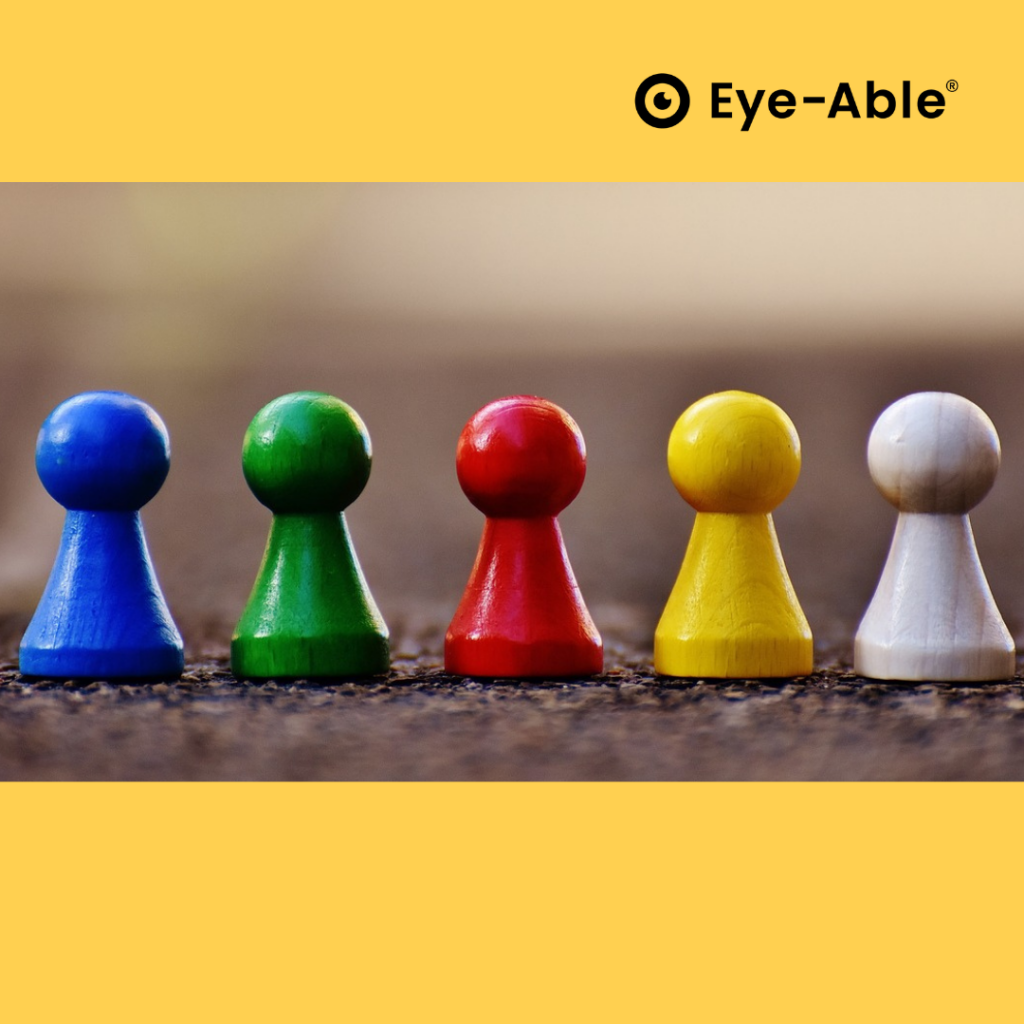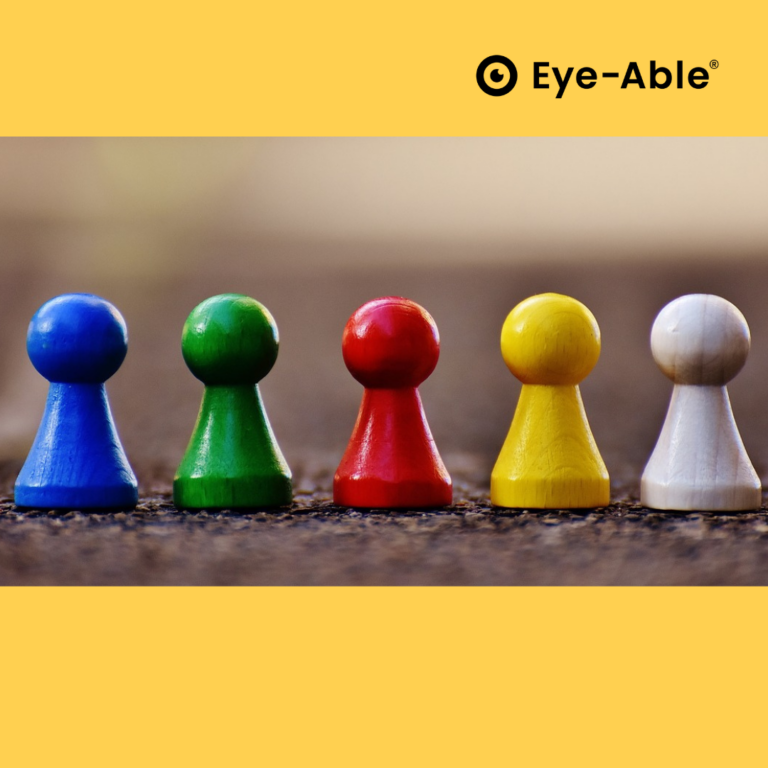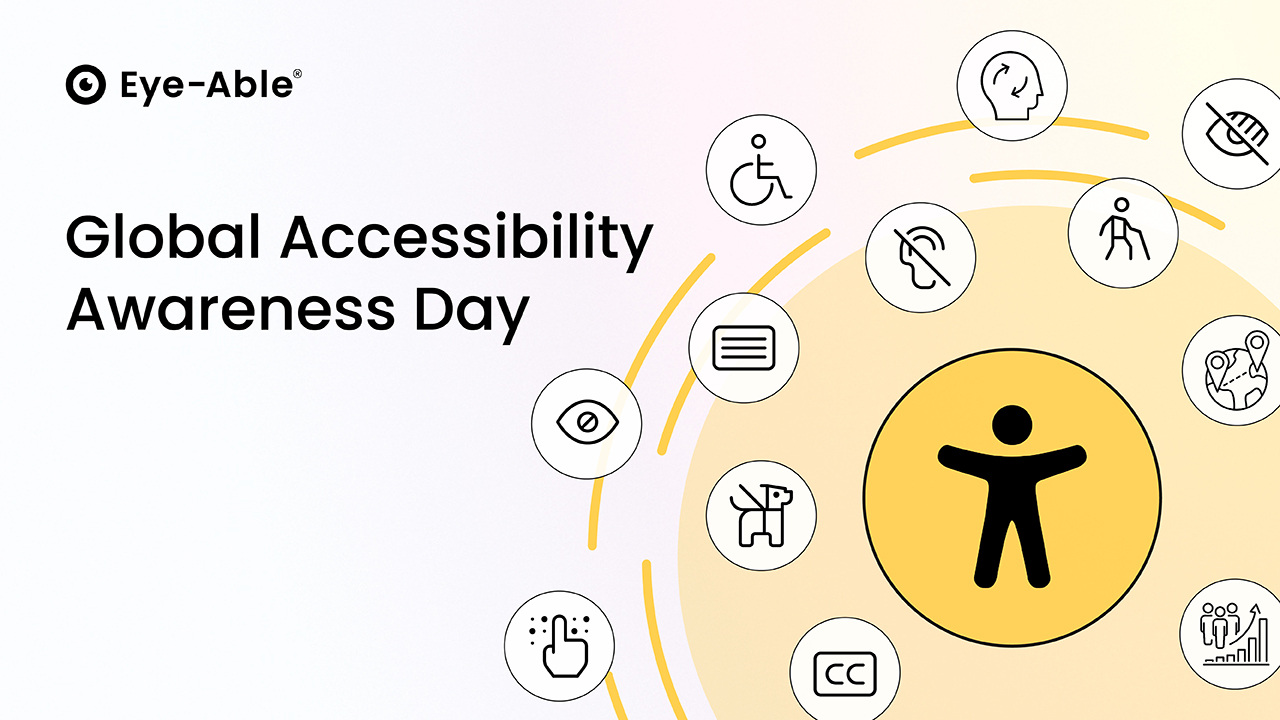In der modernen Gesellschaft sind Pluralismus und Diversität von großer Wichtigkeit. Deshalb ist die Art und Weise, in der wir mit- und übereinander reden, umso bedeutender. “Inklusive Sprache” respektiert die Vielfalt der Menschen und ihrer Identitäten. Sie berücksichtigt das soziale Geschlecht (Gender), ist antirassistisch, barrierefrei für Menschen mit Behinderungen und vermeidet Altersdiskriminierung (Ageism).
Doch was macht die Verwendung inklusiver Sprache so unverzichtbar für die Gesellschaft?
Förderung von Gleichberechtigung
Inklusive Sprache ist ein mächtiges Werkzeug im Streben nach Gleichberechtigung. Indem sie bewusst geschlechtsneutrale Begriffe wählt und stereotype Ausdrücke vermeidet, schafft sie eine Sprachumgebung, in der alle, unabhängig von Geschlecht oder Hintergrund, gleichermaßen repräsentiert werden.
Effektive Kommunikation
Ein weiterer Aspekt, der die Bedeutung inklusiver Sprache unterstreicht, ist die Förderung einer effektiveren Kommunikation. Die klare und respektvolle Verwendung von Worten trägt dazu bei, Missverständnisse zu minimieren und fördert einen offenen Dialog, der auf Verständnis und Zusammenarbeit basiert.
Reduzierung von Vorurteilen
Die bewusste Entscheidung für inklusive Sprache reduziert nicht nur Missverständnisse, sondern auch Vorurteile. Die Vermeidung stereotypischer Ausdrücke und von Diskriminierung trägt dazu bei, dass Menschen aufgrund ihre individuellen Qualitäten und Fähigkeiten beurteilt werden und nicht aufgrund von vorgefassten Meinungen.
Letztlich ist inklusive Sprache nicht nur eine Sammlung von Regeln. Sie ist eine bewusste Entscheidung, unsere Worte in Einklang mit unseren Werten zu bringen. Sie ist der Schlüssel zur Schaffung einer Welt, in der sich alle Menschen respektiert und akzeptiert fühlen können.
Die Reise zur Anerkennung und Vielfalt beginnt mit unserem Denken. Und die Art und Weise, in der wir über die Welt reden, beeinflusst ebendieses. Es liegt an uns allen, die Kraft der inklusiven Sprache zu nutzen, um eine Welt des Respekts und der Akzeptanz zu schaffen.






